In the era of busy lives and schedules, people often neglect the importance of mental health. However, we now realize how important it is to care for our minds just like our bodies. It becomes a challenge for everyone to keep both their body and mind healthy.
Our brain controls every body function, from regulating heart rate to thinking and feeling emotions. Ultimately, eating nourishing foods is one of the major methods for brain-boosting.
This article explores the best nourishing foods for mental health. Let’s learn more about why these nourishing foods are good for brain-boosting.
Introduction to Nourishing Foods for Brain Boosting
Nourishing food is an important factor for a healthy brain. It contains nutrients like Omega-3 Fatty Acids, Antioxidants, Vitamins, minerals, etc. These foods not only support physical and brain health in the short term but also play a crucial role in brain development and maintenance throughout life.
Nourishing foods are good for brain health because:
- Provide essential nutrients that support brain function.
- Protect the brain from oxidative stress and damage.
- Promote healthy blood flow to the brain.
- Reduce Inflammation.
- Enhance neural connectivity. etc.
So, integrating foods rich in omega-3 fatty acids, zinc, selenium, choline, and amino acids helps improve your memory and concentration. On the other hand, eating foods high in sugar, unhealthy fats, and processed ingredients can damage brain function and memorization capacity.
10 Nourishing Foods for A Healthy Brain
Let’s look at the top 10 nourishing foods for a healthy brain.
1. Nuts

Nuts are excellent for both the heart and the brain. Almonds, walnuts, Pistachios, Pecans, Hazelnuts, and other nuts are brain-boosting foods. They include nutrients such as healthy fats, antioxidants, magnesium, fiber, vitamin E, anti-inflammatory omega-3 fatty acids, and plant compounds.
Nuts help to reduce the risk of neurological disorders, improve cognitive test scores, protect cells against damage from free radicals, and reduce plaque build-up. Add raw or toasted nuts to salads, oats, trail mix, and smoothies to eat more healthily.
2. Seeds

Flax seeds, Chia Seeds, Hemp Seeds, Sunflower Seeds, and Pumpkin Seeds are nutritious, inexpensive, and versatile diets. They include essential B complex vitamins B1, B2, B3, B6, folate and vitamin E as well as minerals like magnesium, copper, selenium, and zinc.
Seeds help ease anxiety & depression, promote digestion, repair muscles, and improve the gut microbiome. Like Nuts, you can easily include seeds in salads, oats, avocado toast, and yogurt bowls.
3. Avocados
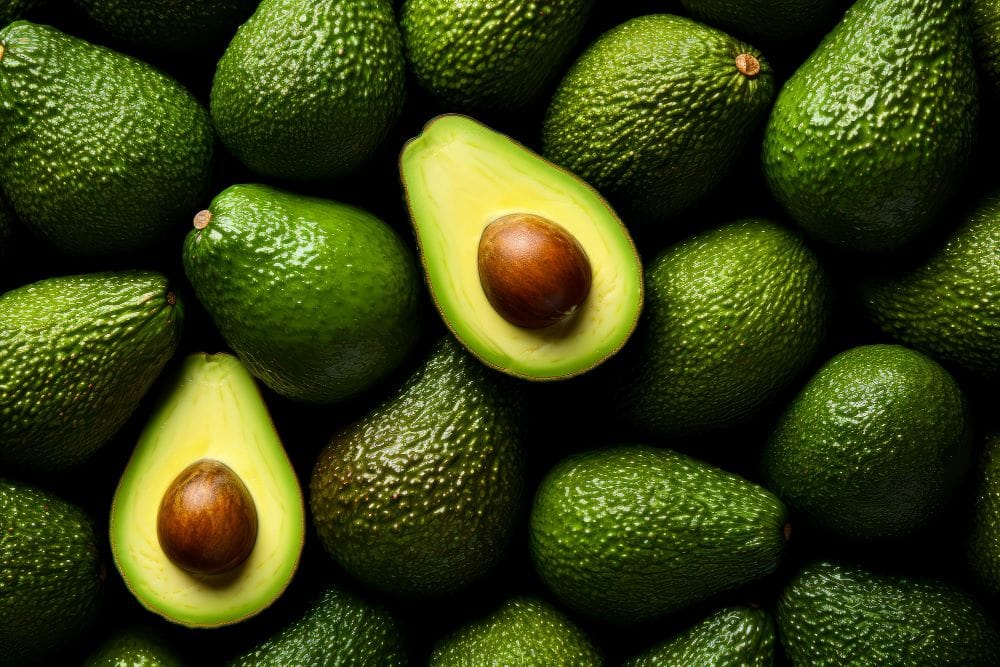
Avocado is a delicious brain food for all age groups. It contains Omega-3 fatty acids, Monounsaturated fats, and natural antioxidant compounds such as polyphenols, flavonoids, tannins, beta-carotene, lutein, and vitamin E.
Avocado helps in cell growth & development, reduces blood pressure, and protects cell membranes from harmful free radicals. You can eat avocados raw, chopped in salads, spread on toast, or made into guacamole.
4. Blueberries
Blueberries and other dark-colored berries are brain protection shields. They are packed with antioxidants, vitamins, and fiber.

Berries help to communicate between brain cells, support the brain’s strength and resilience, reduce inflammation, prevent brain damage, and increase plasticity to form a new connection. You can eat the whole raw berries instead of drinking juice.
5. Fatty fish
Fatty fish are tasty and healthy foods from the sea. Salmon, Trout, Albacore tuna, Mackerel, Herring, Sardines, and other fatty fish are sources of omega-3 fatty acids, eicosapentaenoic acid (EPA), and docosahexaenoic acid (DHA).
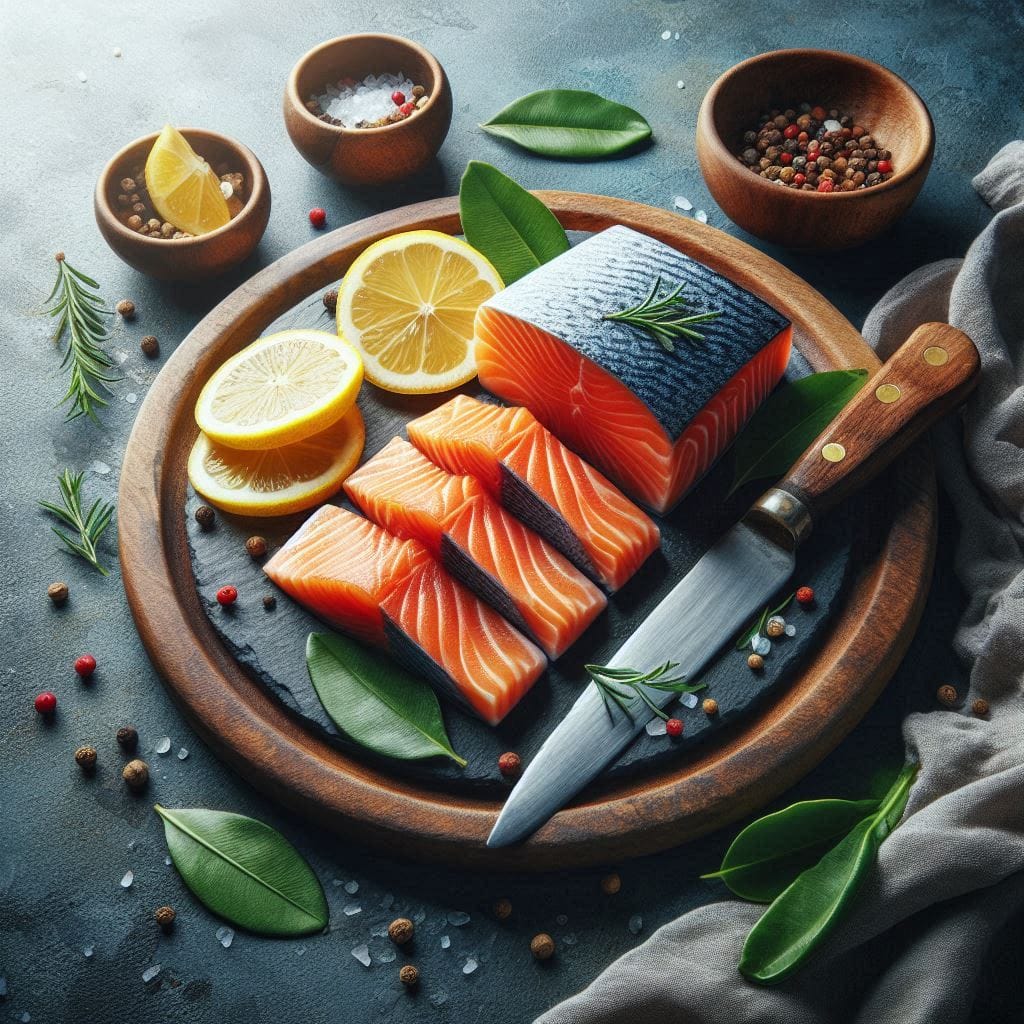
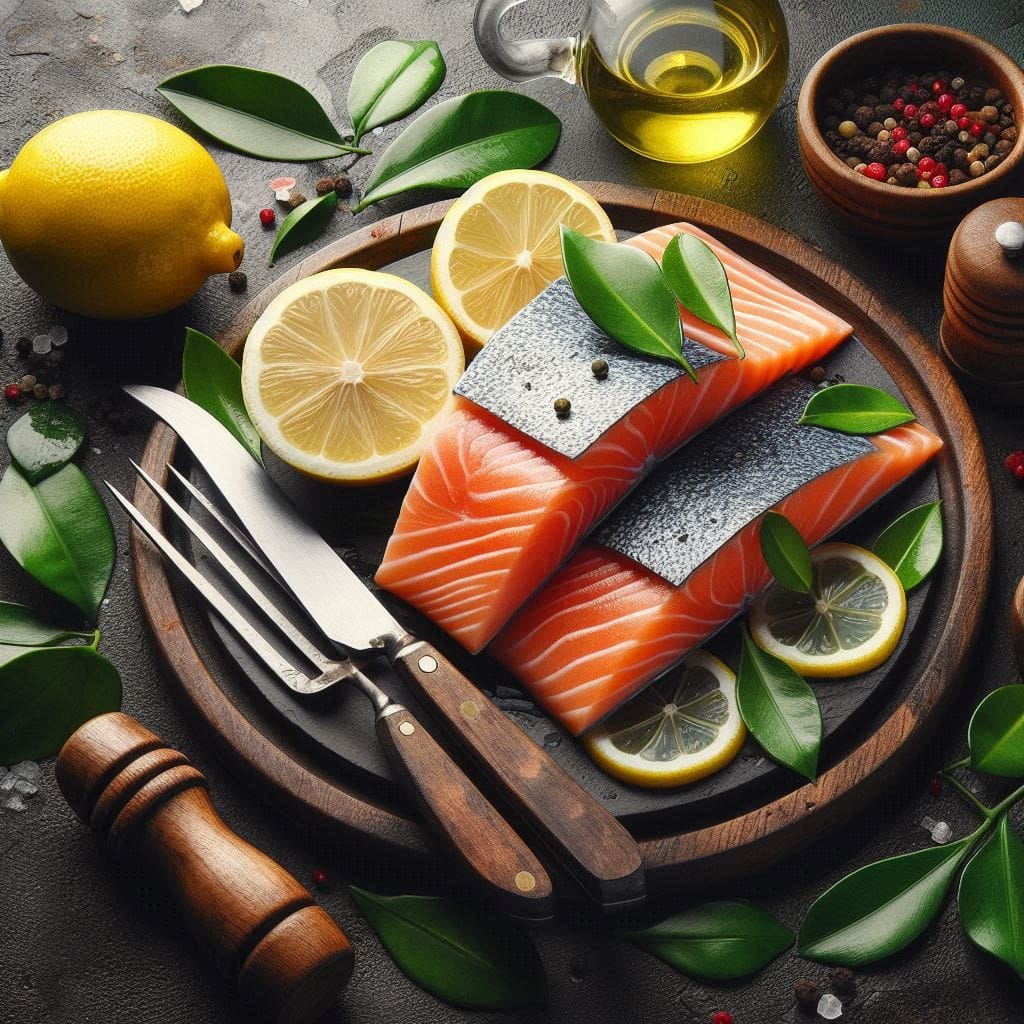
Fatty fish helps to improve cognitive health, build cell membranes, preserve cognition, prevent Alzheimer’s disease, and improve memory. Make sure to eat fatty fish 2-3 times a week. If you want a cheaper option, choose canned, tinned, or frozen fish.
6. Eggs
Eggs are a great source of protein, vitamins B6 and B12, folate, folic acid, and choline. The recommended Choline daily intake of for women is 425 mg and for men 550 mg. One egg contains about 147 mg of choline. Choline produces acetylcholine, a neurotransmitter that plays a vital role in mood and memory regulation.


Regularly consuming eggs can help protect your brain from shrinking and delay cognitive decline. It also helps to slow mental decline in older adults and alleviate depression. You can fry a couple of eggs with avocado toast, scramble them into fried rice, or boil them.
7. Green leafy vegetables
Experts agree that eating green leafy vegetables is necessary for overall health, especially for your brain. Broccoli, Kale, Spinach, lettuce, Cabbage, Swiss chard, Bok choy, and Mustard greens are excellent veggies to add to your meal. They are rich in vitamin B, vitamin K, Sulforaphane, folate, lutein, beta-carotene, and fiber.
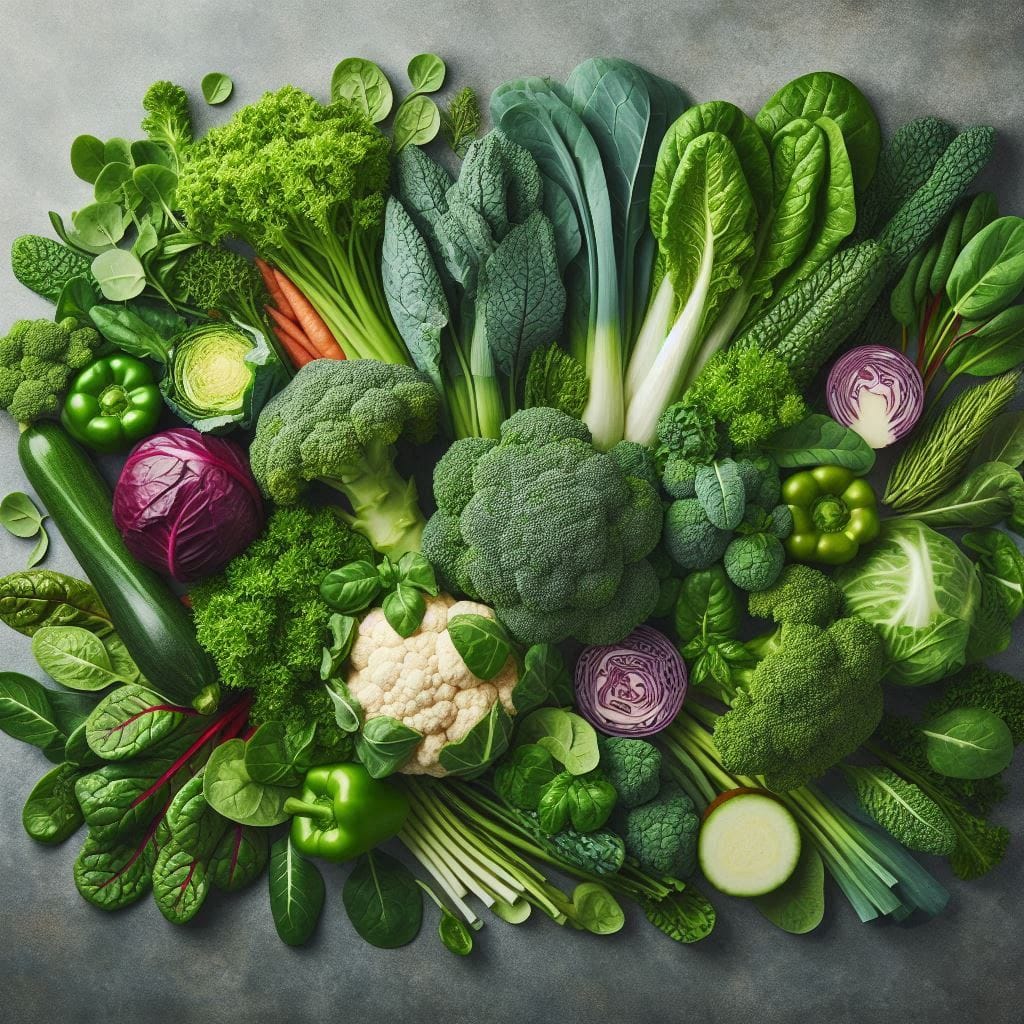
Green vegetables support brain and neurological health, neurotransmitter function, and psychological well-being. Furthermore, they also help to reduce the risk of depression. Mix leafy greens into your egg scrambles, smoothies, or stir-fries to increase their nutrition.
8. Turmeric
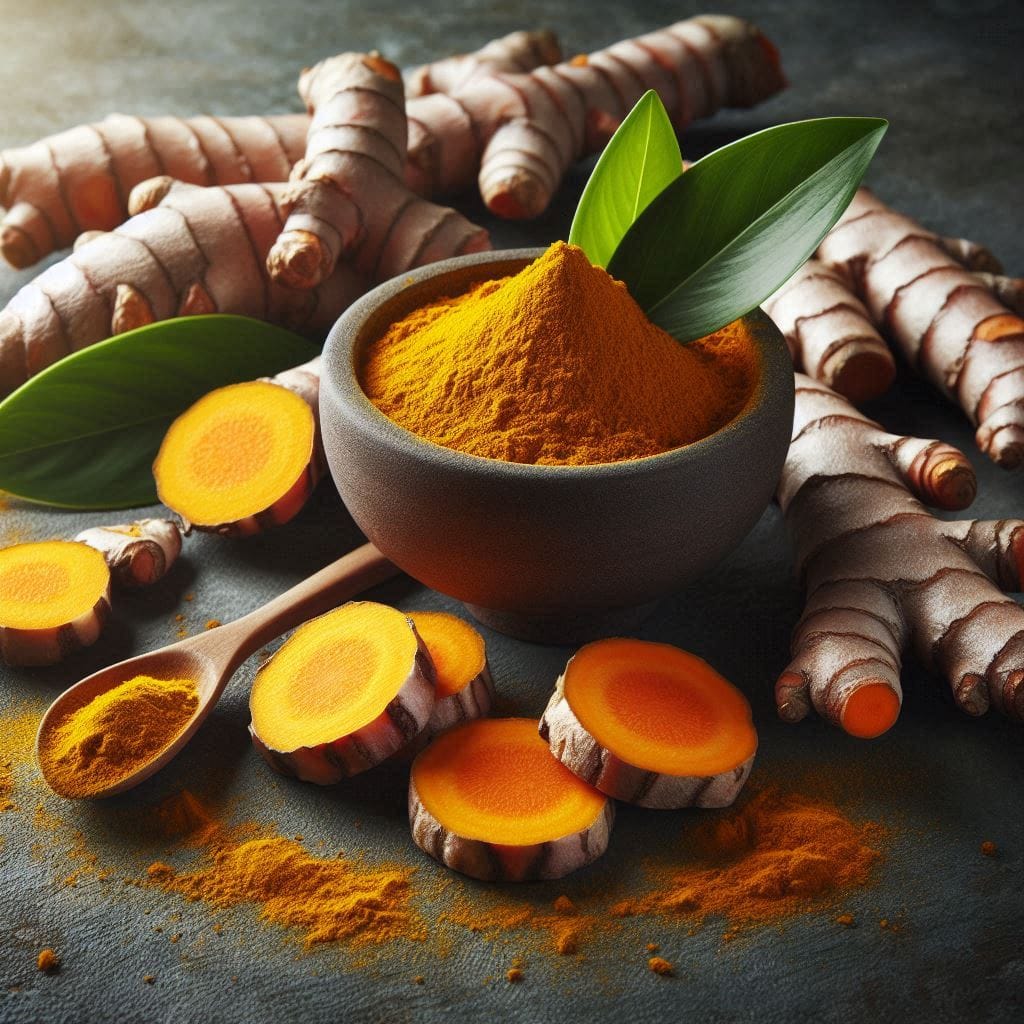
Turmeric is a yellow-colored spice used as a key ingredient in curry powder. It contains compounds with medicinal properties called curcumin.
Curcumin is a natural compound that fights inflammation. It boosts your body’s ability to fight off harmful substances and keeps your cells healthy. It could also help slow the progression of Alzheimer’s disease, stop the growth of cancer cells, and increase the antioxidant capacity. Also, Turmeric boosts brain-derived neurotrophic factor (BDNF), delays aging, and fights age-related chronic diseases. You can add turmeric to your eggs or sprinkle it on roasted veggies.
9. Green tea

Green tea is popular for drinks rich in antioxidant compounds, caffeine, L-theanine, and polyphenols. It protects cells from damage and improves brain function. Its metabolism-boosting properties help you lose weight.
Additionally, it helps to prevent heart disease, manage blood sugar, protect the brain from aging, reduce the risk of cancers, and improve cognitive function. It is best to drink three to five cups of green tea per day.
10. Dark Chocolate
Eating dark chocolate is very beneficial for the human brain. It is filled with high cocoa content (70%) including fiber, iron, magnesium, copper, manganese, flavonoids, caffeine, and antioxidants. However, Normal chocolate may contain high amounts of sugar and calories but it does not.
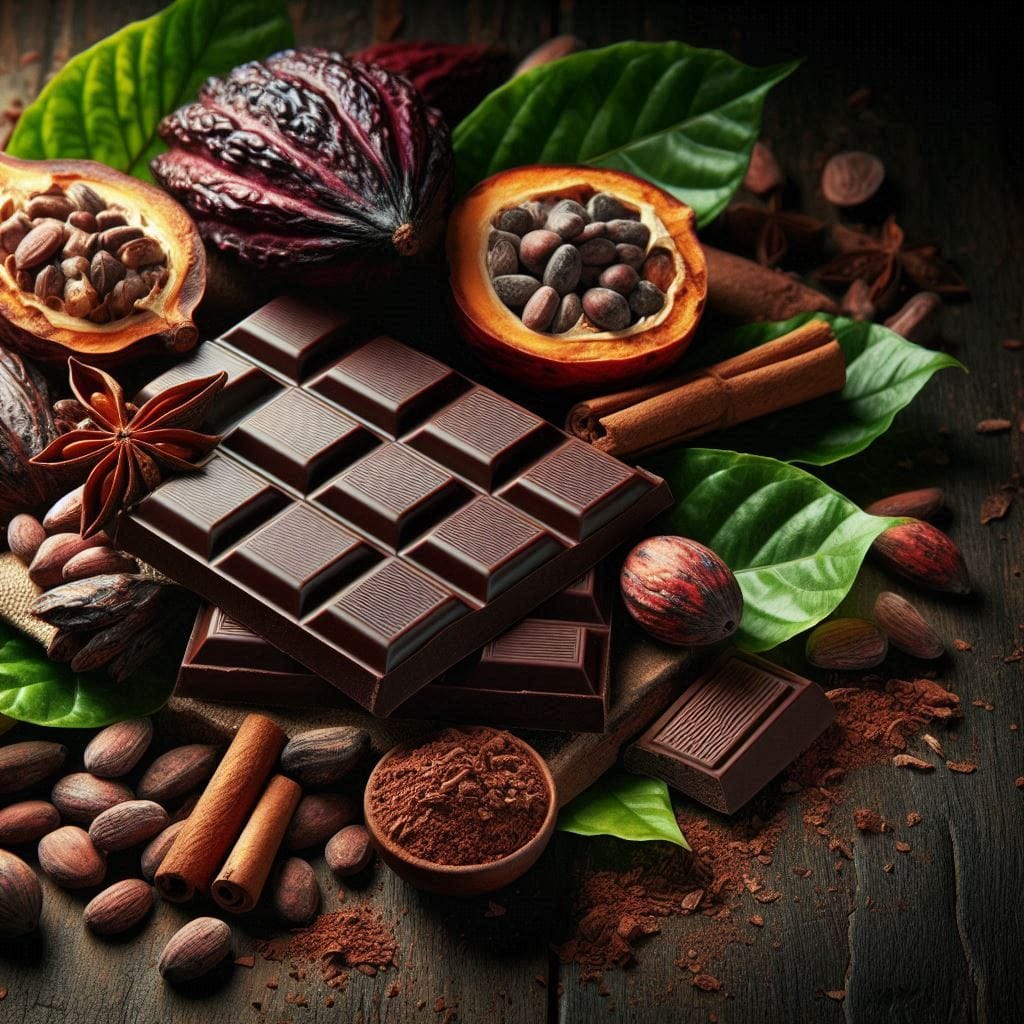
Consuming dark chocolate makes your heart healthier by lowering blood pressure and protecting your heart. It helps to improve brain function, protect your skin from the sun, raise high-density lipoproteins (HDL), and protect low-density lipoproteins (LDL) from oxidation. Mix melted dark chocolate with Greek yogurt, and add berries for flavor.
Conclusion
The foods that we eat impact our brain and overall health. Consuming nourishing foods not only removes hunger but also improves health. It is important to focus on a diet that includes fruits, vegetables, eggs, nuts, and green tea. You can stay sharp and focused throughout the day by making simple changes to your diet. This helps to create a high-quality life. Moreover, integrating these nourishment products into your daily meals supports long-term cognitive health and maintains cholesterol levels & blood pressure. In addition to this, you can also incorporate products from SupplementRelief.com in order to boost your diet and further improve your health. It is not only beneficial to our brain but also to our heart and overall health.
FAQs
1. What are the 5 worst foods for memory?
The 5 worst foods for memory are given below:
- Alcohol
- Sugary drinks
- Refined carbs
- Highly processed meats
- Fast food
- Coffee (Caffeine may also affect your memory, but the research on this is mixed, and more studies are needed. better to avoid coffee for now.)
2. How can I take care of my brain?
You can take care of your brain by doing the following:
- Make sure to exercise regularly
- Stay Hydrated & eat nourishing food
- Get plenty of sleep
- Stay Socially Active
- Avoid smoking & alcohol
3. Is spicy food good for the brain?
Yes, spicy food can have positive effects on the brain. Eating spicy food releases endorphins that can improve mood. Additionally, it may boost metabolism, leading to potential weight management benefits. However, excessive consumption may cause discomfort or gastrointestinal issues.
4. What is brain food for breakfast?
Some brain-boosting foods that you can eat for breakfast include
- Whole-grain toast
- Avocado
- Egg
- Berries
- Nuts.
5. Which fruits increase brain power?
Fruits that help to increase brainpower include
- Berries
- Avocados
- Oranges
- Apples
- Bananas
- Grapes
- Lemons
- Plumps
- Pomegranates
- Kiwi.











